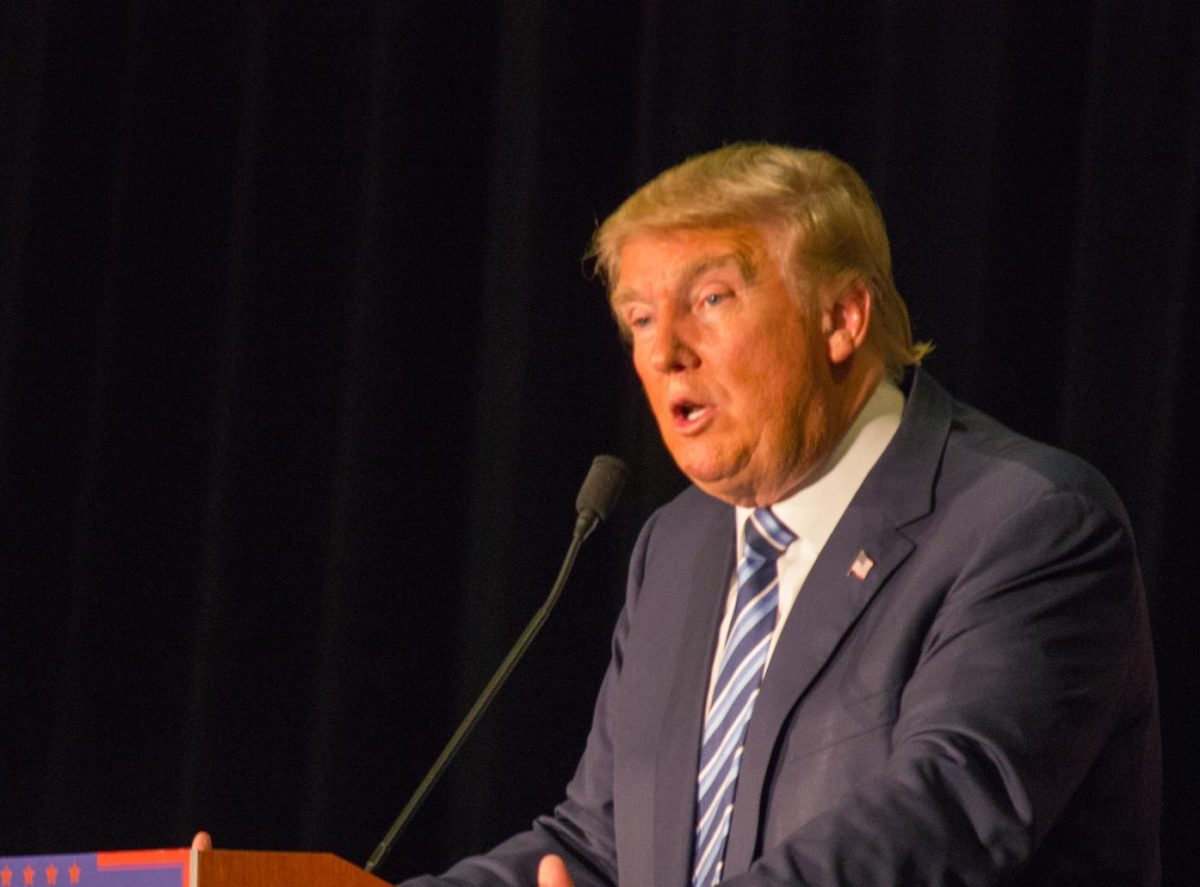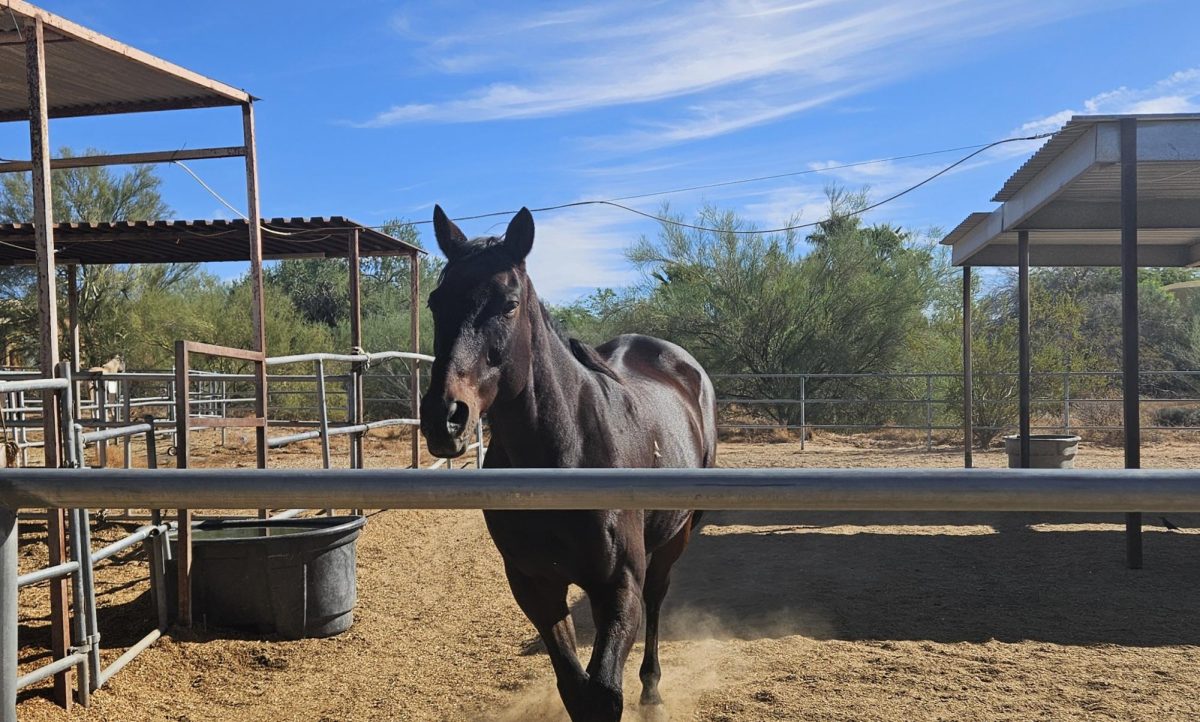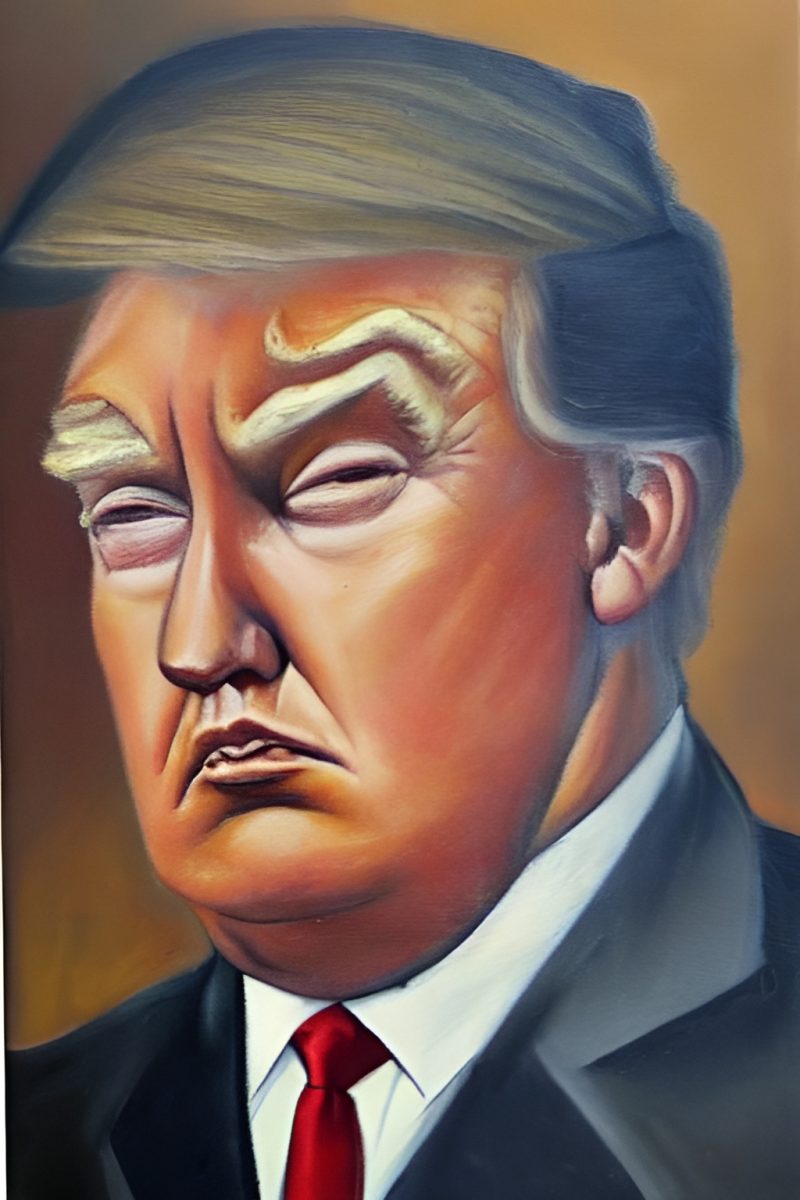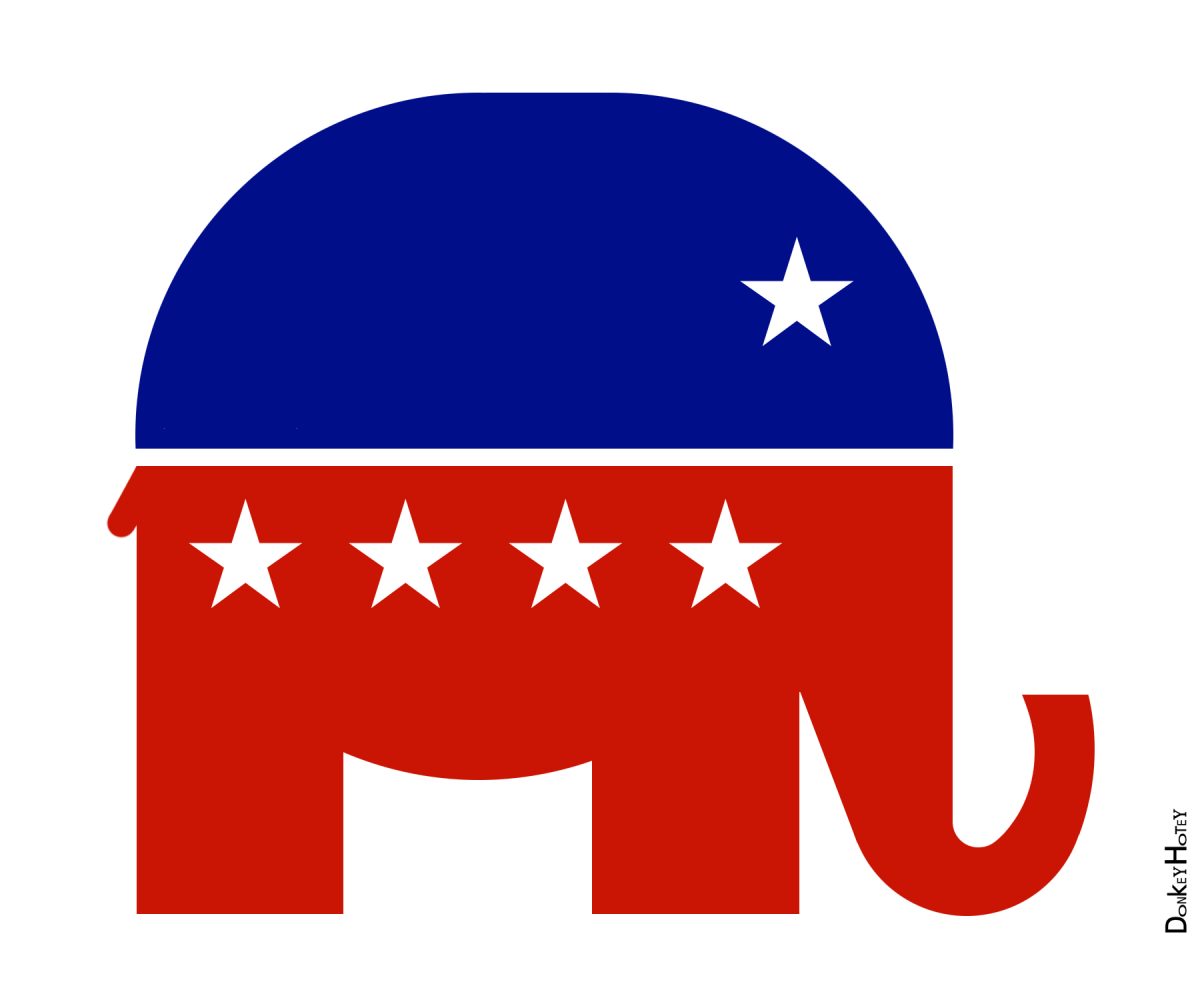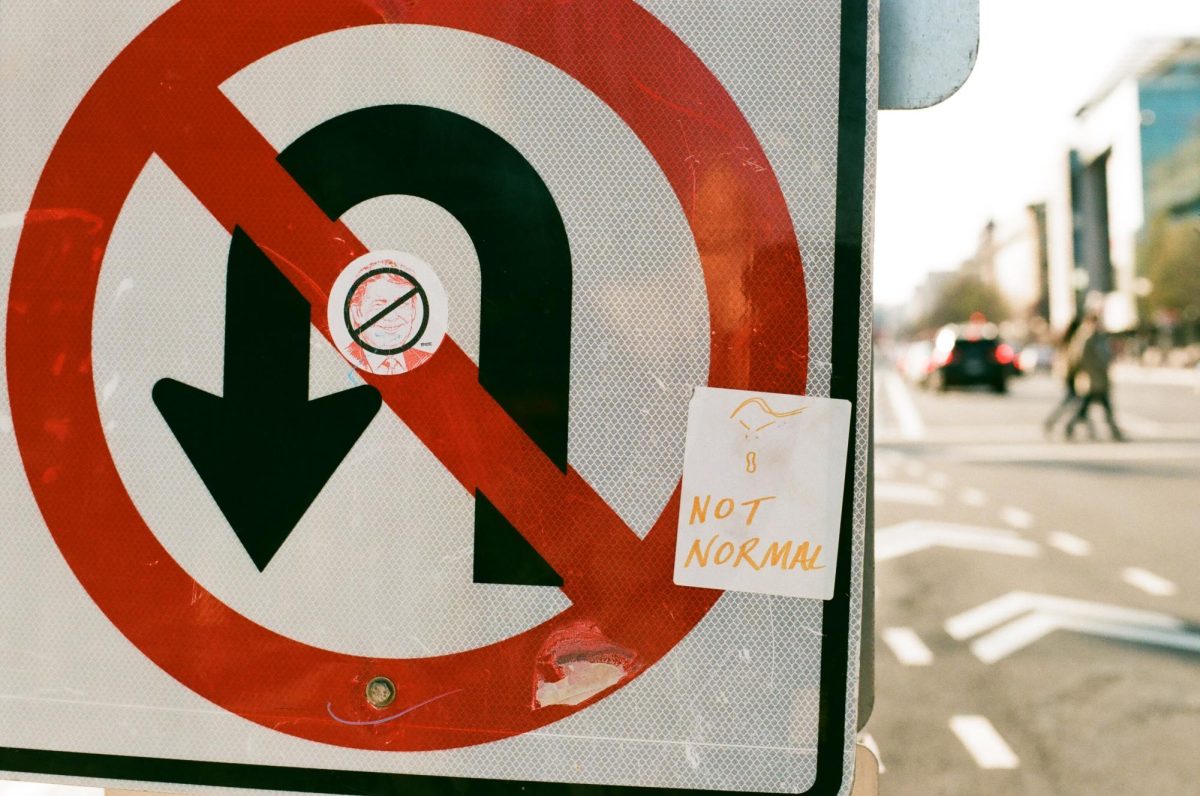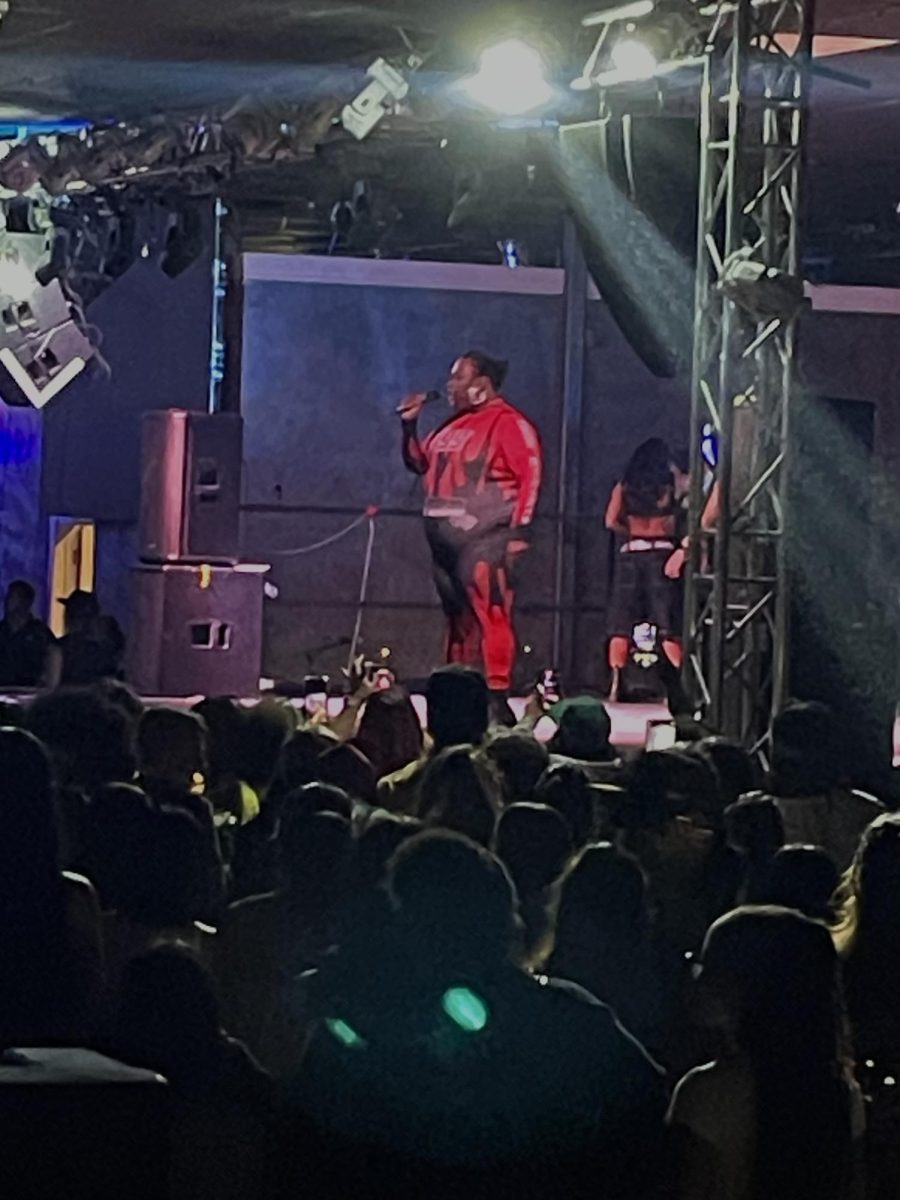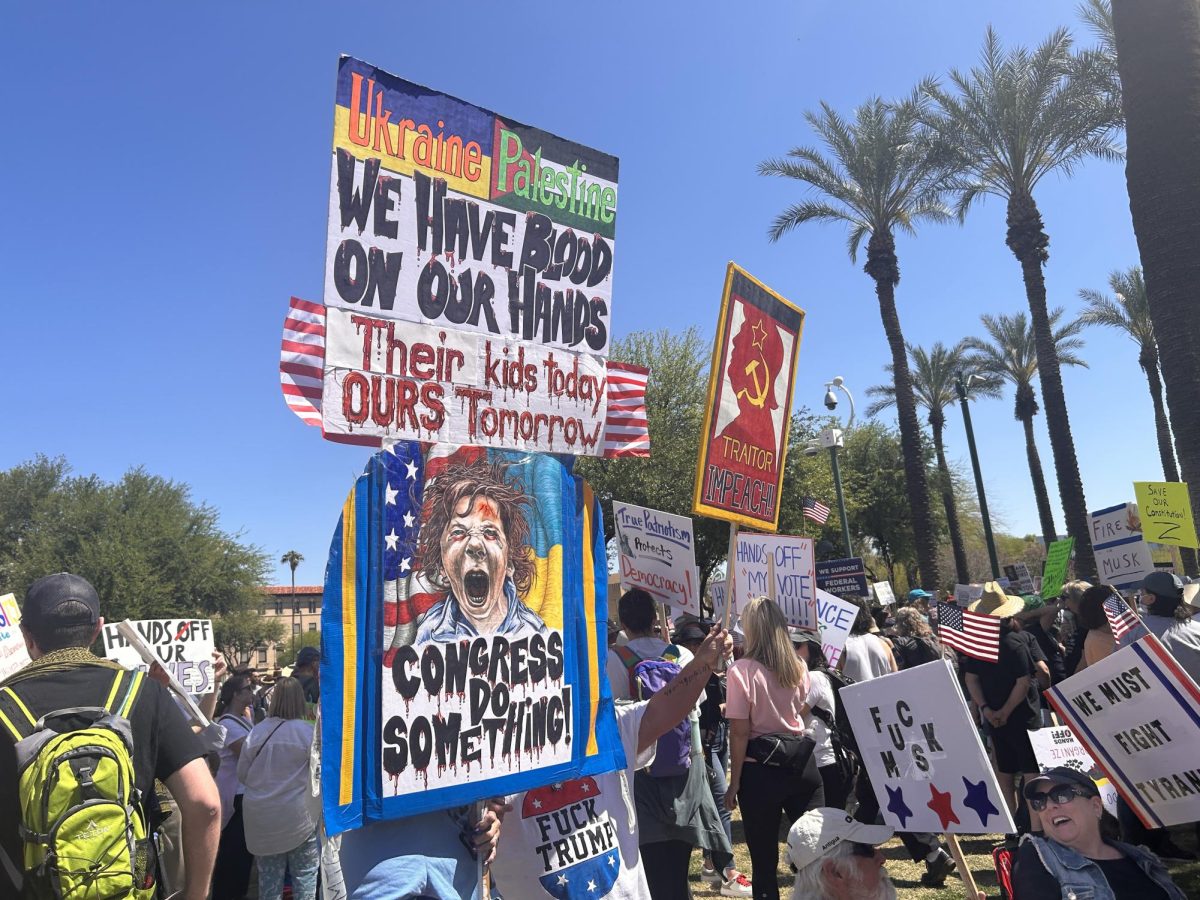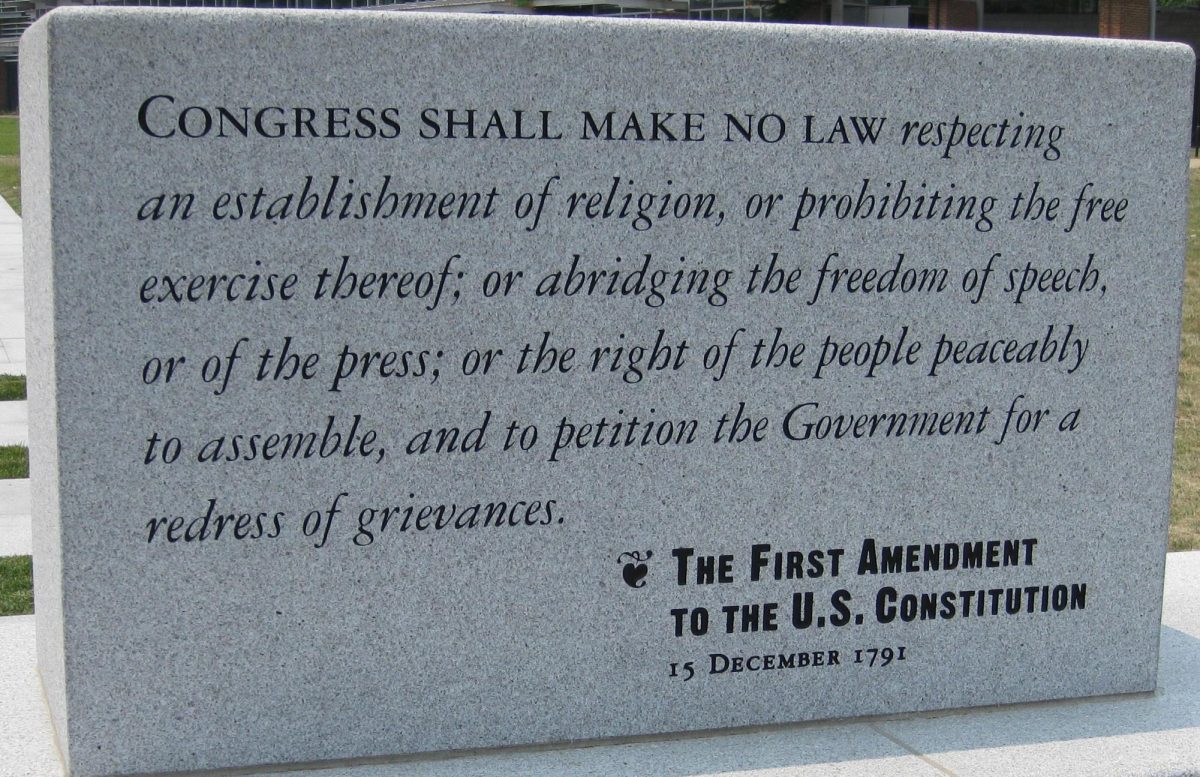At a weekend Iowa rally Trump reiterated some of his favorite repeated rhetoric—Putin and Nazi references.
Trump said over the weekend during his speech that immigrants and migrants are “poisoning the blood” of the U.S. and in a direct quote by Russian President Vladimir Putin, echoed the term “rottenness” of American democracy.
This quote, taken from a globally accused murderous dictator of crimes against humanity and a leader dead set on seizing the sovereign country of Ukraine along with other countries in the region, now appears to be a Trump “go to” reference used by Trump to point to successful leadership as well as Trump’s personal admiration of Putin.
As usual, Donald Trump was adept at stirring up the frenzied supporters during a New Hampshire rally over the weekend and once again drew on the language of Nazi Germany with his comments on migrants—mostly African, Asian and South American as “poisoning the blood of our country.”
This particular reference mirrors Adolf Hitler’s manifesto that called for racial purity when the German dictator told rabid followers that German blood was being “poisoned” by Jews.
The language is also sounding alarms and seen as a stark warning to many in the Jewish communities.
Some Jewish Americans, including an Arizonan and former Trump supporter have changed their minds on just “who” Donald Trump is.
“This guy is clearly unhinged. I voted for him the first time because I thought he might be good for the country, but clearly—he is not. Donald Trump’s white supremacy and Nazi references chill me to the bone,” said Ethan Meyer, a registered Arizona Republican who told Northeast Valley News that he will not be voting for Trump again.
What’s reportedly troubling to many U.S. minority communities and American Jews is Trump’s repeated references and what appears to be an orchestrated repetition of these statements in his unapologetic interviews and speeches.
Using the word “vermin” is yet another antisemitic connotation that was also used in Nazi rhetoric.
Relatively new to the state after moving to Phoenix from Michigan, Valley insurance broker, Roberta Blair, told Northeast Valley News that she has seen Trump go from a bit on the extreme side to completely, “bonkers.”
“Look, I did vote for him originally, but now, well, he’s really not stable. The stuff he says, like hanging people, quoting Hitler, executing revenge on his enemies and arresting everyone—I mean come on, he’s just bonkers.”
Trump’s recent claim that he wants to be a “dictator” for one day, isn’t being laughed off by many of those who have worked under his administration.
And it’s no longer a shock to hear Trump speak highly of authoritarian dictators such as North Korea’s Kim Jong Un or Hungary’s Viktor Orban and of course his long-standing admiration of Putin.
Many in Trump’s own party, or at least the ones that dare to criticize him, are pointing to his own words for a more focused look into Trump’s true identity.
“He’s a populist, authoritarian narcissist,” the Republican former House Speaker Paul Ryan said last week, before Trump’s most recent comments. “So, historically speaking, all of his tendencies are basically where narcissism takes him, which is whatever makes him popular, makes him feel good at any given moment.”


